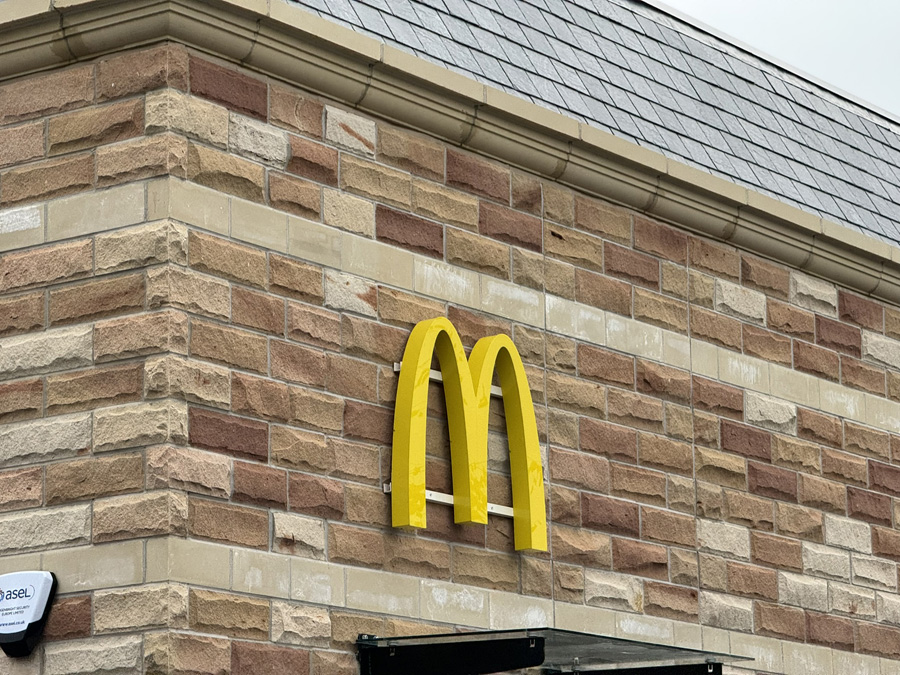Despite growing concern about energy costs, thousands of commercial and residential building owners are missing out on straightforward, low-cost ways to improve energy efficiency, according to the Building Engineering Services Association (BESA).
Turning down thermostats and heating flow temperatures, having boilers and other plant serviced, improving insulation, and replacing inefficient lightbulbs with LEDs are all quick and easy measures that are not being widely adopted, the Association said.
It welcomed the government’s announcement of a ‘public information campaign’ designed to help people cut their energy use by 15% this winter and the Chancellor’s announcement of an additional £6bn from 2025 for energy efficiency measures in his autumn statement. However, BESA said “more ambitious” financial incentives and policy measures would also be needed to deliver the scale of building upgrades required to properly address energy costs and climate change.
It highlighted new research from the Centre for Economic and Business Research (CEBR) which found that UK businesses and homeowners were missing out on over £3bn worth of savings every year due to lack of energy efficiency awareness and financial incentives.

The ‘Powering Energy Efficiency’ report published in collaboration with the pump manufacturer Grundfos found that 14% of businesses have either never had a boiler service or have not had one in the last five years, despite three-quarters of business owners saying they wanted to make their heating system energy efficient. 20% of business owners admitted they had not had an energy efficiency audit for more than five years – many had never had one.
Despite growing concern about energy costs, thousands of commercial and residential building owners are missing out on straightforward, low-cost ways to improve energy efficiency, according to the Building Engineering Services Association (BESA).
Turning down thermostats and heating flow temperatures, having boilers and other plant serviced, improving insulation, and replacing inefficient lightbulbs with LEDs are all quick and easy measures that are not being widely adopted, the Association said.
It welcomed the government’s announcement of a ‘public information campaign’ designed to help people cut their energy use by 15% this winter and the Chancellor’s announcement of an additional £6bn from 2025 for energy efficiency measures in his autumn statement. However, BESA said “more ambitious” financial incentives and policy measures would also be needed to deliver the scale of building upgrades required to properly address energy costs and climate change.
It highlighted new research from the Centre for Economic and Business Research (CEBR) which found that UK businesses and homeowners were missing out on over £3bn worth of savings every year due to lack of energy efficiency awareness and financial incentives.
The ‘Powering Energy Efficiency’ report published in collaboration with the pump manufacturer Grundfos found that 14% of businesses have either never had a boiler service or have not had one in the last five years, despite three-quarters of business owners saying they wanted to make their heating system energy efficient. 20% of business owners admitted they had not had an energy efficiency audit for more than five years – many had never had one.
Eligibility
Only 37% of the 500 business owners contacted for the report said they checked their eligibility for business grants and only 32% would seek advice on how to improve energy efficiency. Instead of improving building performance, some are looking to reduce overheads by cutting staff numbers and wages, with others making more people work from home.
“It is very frustrating that businesses are considering taking such draconian steps when improving building energy performance can be done quickly by adopting a series of relatively simple and low-cost measures,” said BESA chief executive David Frise.
“A basic audit of your building services will identify where small improvements can make a significant difference – and many of those steps are completely free, such as adjusting flow temperatures and tweaking thermostats. Just having neglected equipment serviced is another basic step that will provide an instant return,” he added.
12% of the 2,000 homeowners surveyed for the CEBR/Grundfos report said they didn’t know when they last had their boiler serviced and 23% were not sure when their system was last checked for potential efficiency upgrades – despite 64% saying their biggest concern was rising energy prices.
A “critical lack of awareness” is a major barrier to the adoption of energy efficiency measures, according to Rowlando Morgan, CEBR’s head of environment, infrastructure & local growth who added that their research had also uncovered concern about “high upfront costs and a lack of available qualified installers”.
“Our findings indicate that the UK government needs to action several new policies including providing clearer information about energy efficiency, targeting schemes to the poorest households and prioritising schemes to offset the upfront costs of installing new heating systems,” said Morgan.
BESA said the government’s information campaign would help, but more generous incentives and longer-term investment could unlock far greater savings by improving the energy efficiency of all UK buildings.
“We need to transition away from fossil fuel use in the built environment, and to decarbonise heating and cooling,” said Frise. “This would make our buildings more resilient to climate change and improve long-term energy security – as well as delivering fantastic economic and societal benefits for future generations.”
Only 37% of the 500 business owners contacted for the report said they checked their eligibility for business grants and only 32% would seek advice on how to improve energy efficiency. Instead of improving building performance, some are looking to reduce overheads by cutting staff numbers and wages, with others making more people work from home.
“It is very frustrating that businesses are considering taking such draconian steps when improving building energy performance can be done quickly by adopting a series of relatively simple and low-cost measures,” said BESA chief executive David Frise.
“A basic audit of your building services will identify where small improvements can make a significant difference – and many of those steps are completely free, such as adjusting flow temperatures and tweaking thermostats. Just having neglected equipment serviced is another basic step that will provide an instant return,” he added.
12% of the 2,000 homeowners surveyed for the CEBR/Grundfos report said they didn’t know when they last had their boiler serviced and 23% were not sure when their system was last checked for potential efficiency upgrades – despite 64% saying their biggest concern was rising energy prices.
A “critical lack of awareness” is a major barrier to the adoption of energy efficiency measures, according to Rowlando Morgan, CEBR’s head of environment, infrastructure & local growth who added that their research had also uncovered concern about “high upfront costs and a lack of available qualified installers”.
“Our findings indicate that the UK government needs to action several new policies including providing clearer information about energy efficiency, targeting schemes to the poorest households and prioritising schemes to offset the upfront costs of installing new heating systems,” said Morgan.
BESA said the government’s information campaign would help, but more generous incentives and longer-term investment could unlock far greater savings by improving the energy efficiency of all UK buildings.
“We need to transition away from fossil fuel use in the built environment, and to decarbonise heating and cooling,” said Frise. “This would make our buildings more resilient to climate change and improve long-term energy security – as well as delivering fantastic economic and societal benefits for future generations.”




















